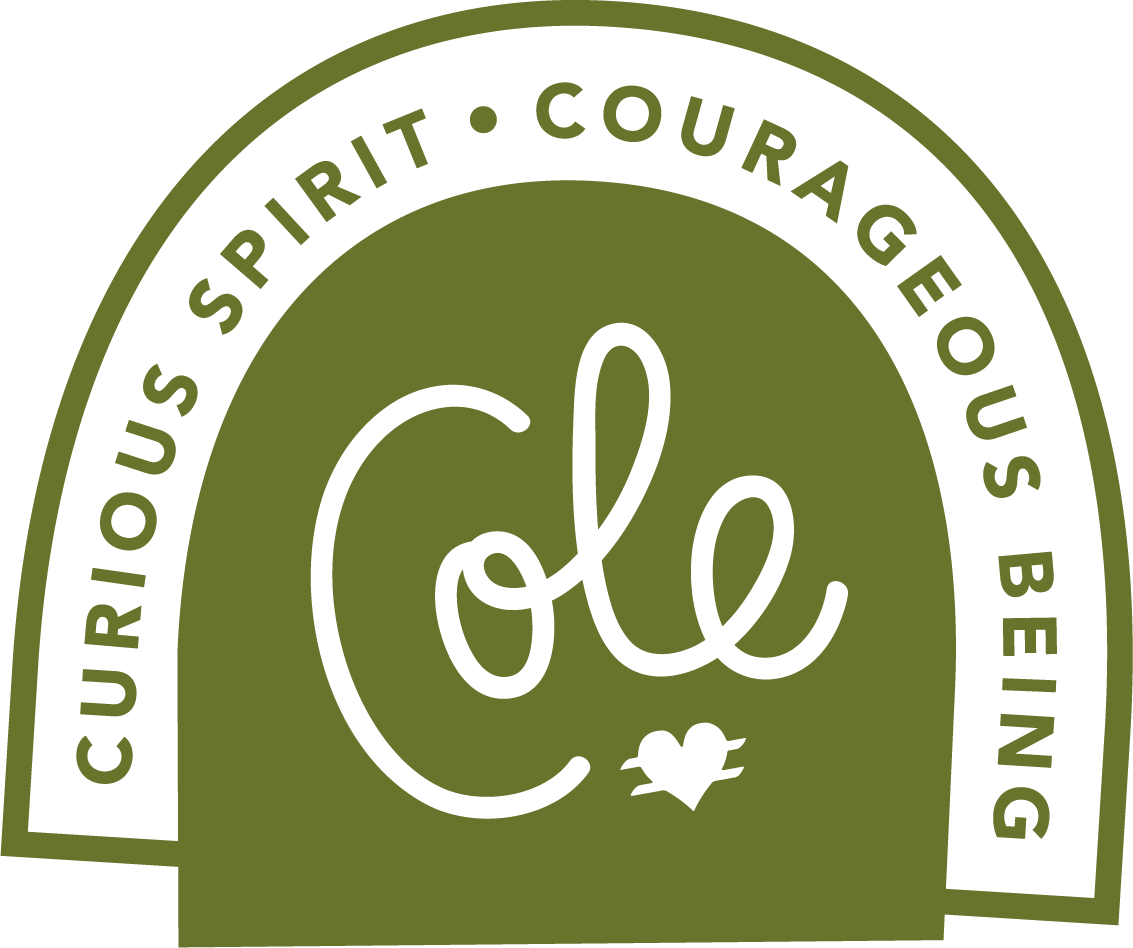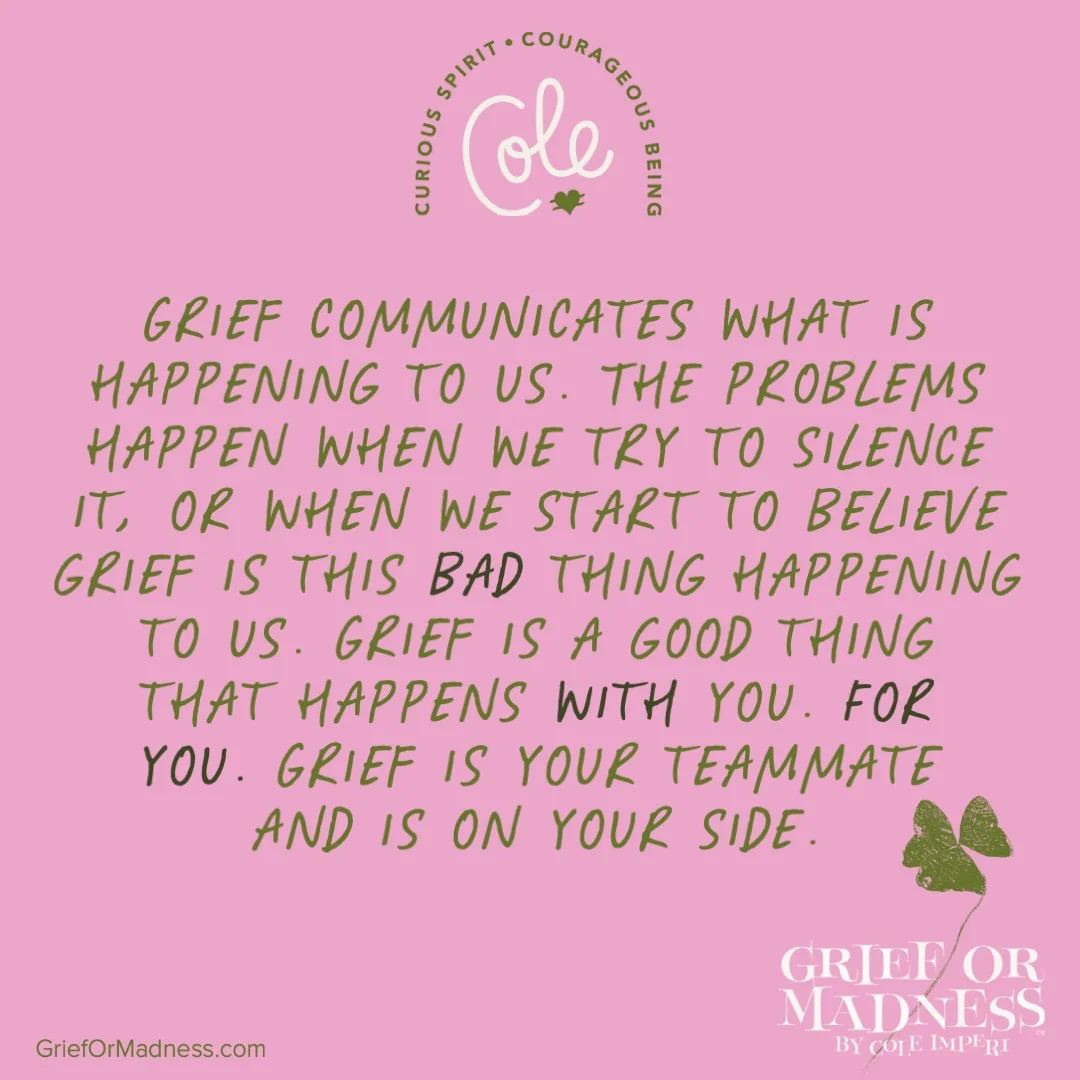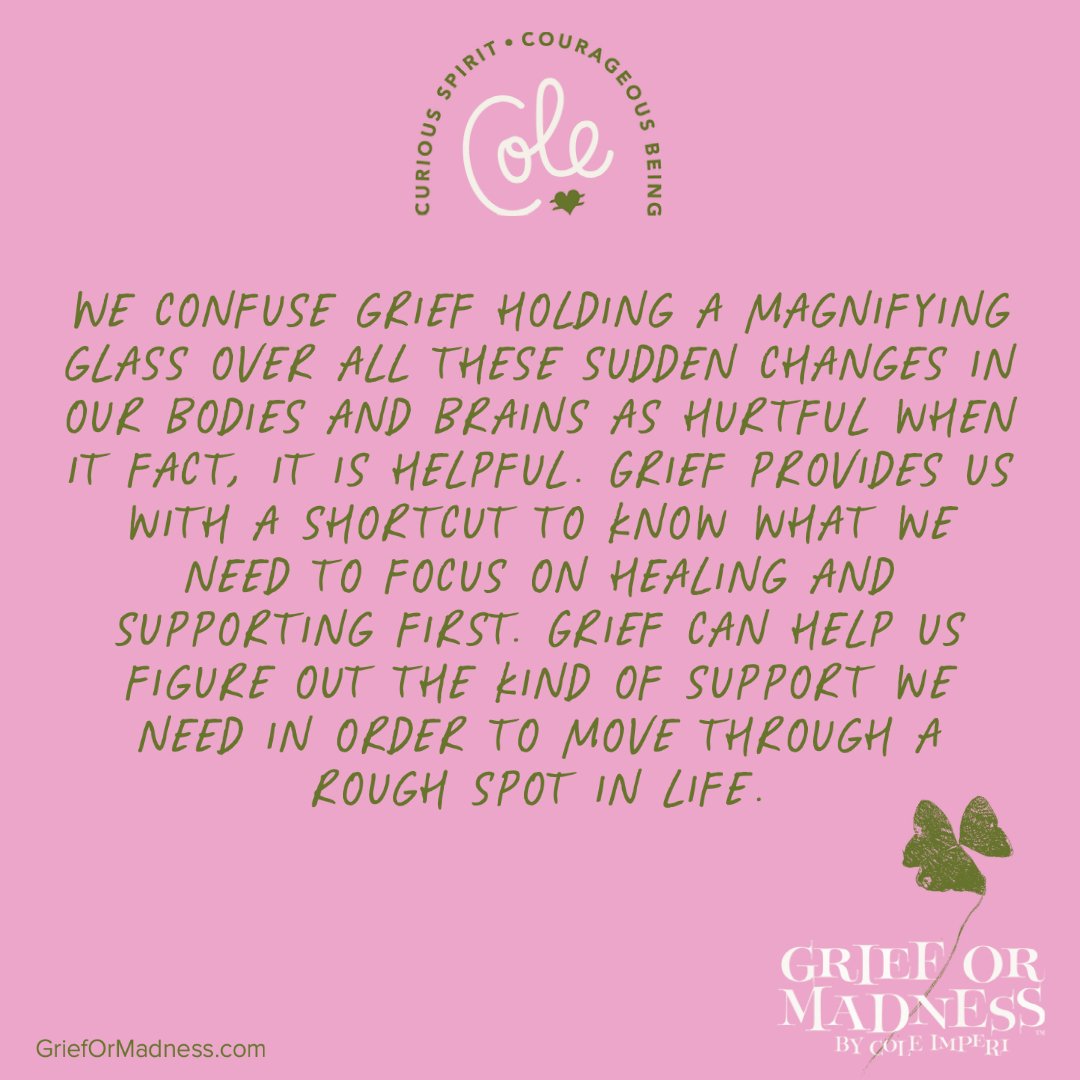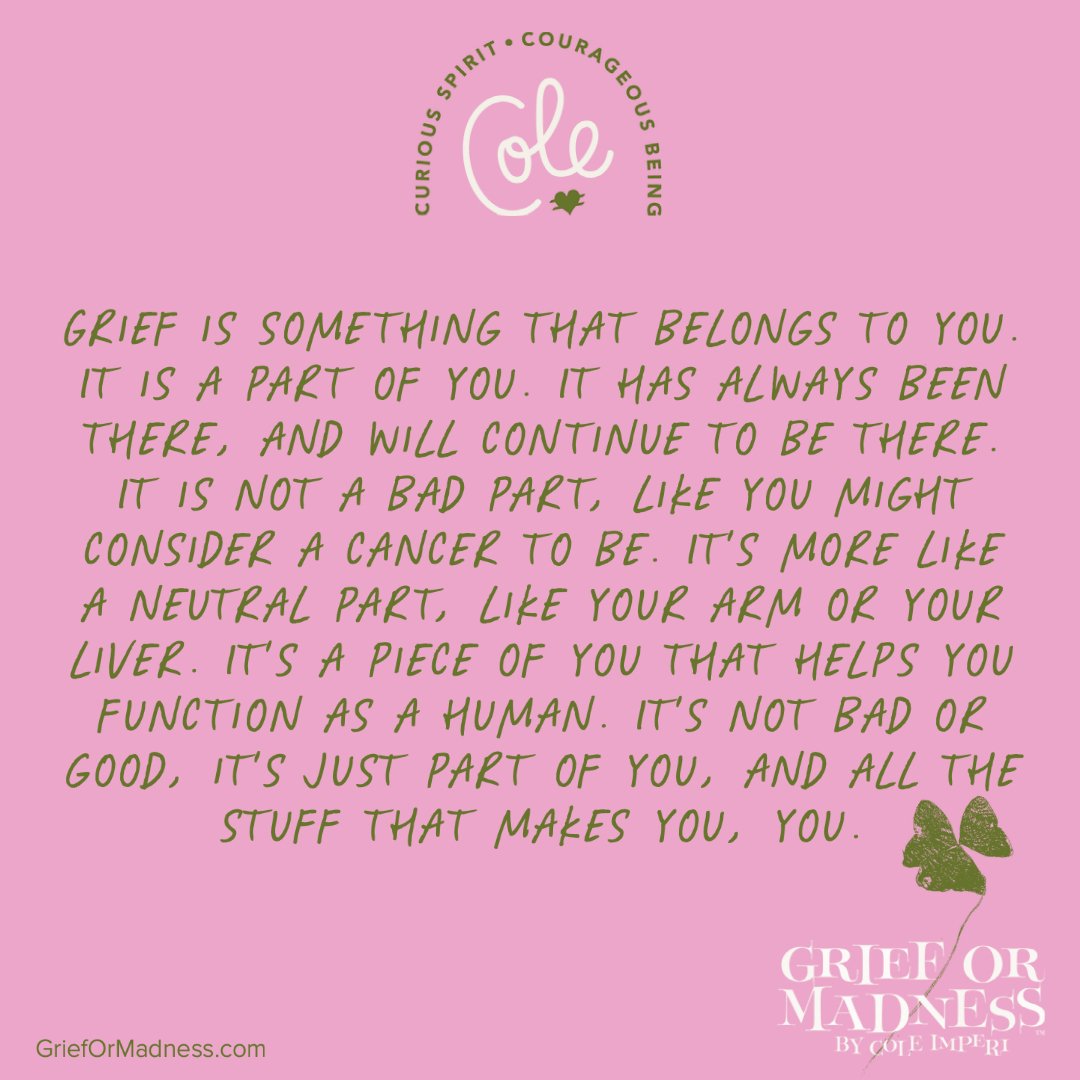Grief is Earned
Grief is not something you are punished with. Grief is not an illness. Grief is not a battle. Grief is not a foreign intruder, taking up space inside you against your will.
Grief is something that belongs to you. It is a part of you. It has always been there, and will continue to be there. It is not a bad part, like you might consider a cancer to be. It’s more like a neutral part, like your arm or your liver. It’s a piece of you that helps you function as a human. It’s not bad or good, it’s just part of you, and all the stuff that makes you, you.
What if grief is something we earn?
What if grief is more like a superpower that acts as an enhancer rather than a minimizer?
As far as I can tell, from my viewpoint as a thanatologist, grief is there to help us get through profound loss. Whether your loved one has just died, or you’re reckoning with a major Shadowloss….grief is given to you to help you navigate the rough waters ahead. Grief does not make this experience worse, it makes it better.
Grief communicates what is happening inside us. The problems happen when we try to silence it, or when we start to believe grief is this bad thing happening to us. Grief is a good thing that happens with you. For you. Grief is your teammate and is on your side.
Grief itself is not an emotion. This is outdated science, that is still taught in some places today. You cannot feel grief the way you can feel sad, happy, hopeless or excited. Those are all feelings. But grief? Grief itself is not a feeling.
If I say “How are you feeling?”
And you say “I’m grieving.”
I would then reply “What feelings are showing up as a part of that for you today?”
Maybe you’ve never been asked that before, so it might take you a minute, but you’ll check in with yourself and notice that a mix of feelings are there. Maybe, in this exact moment, it’s complete despair, paired with—oddly—a little peace?
All feelings can be a part of the grief response—good ones and bad ones and neutral ones. They all coexist together, and it’s normal.
Grief acts as a magnifier. It appears as a conglomeration of signs across six categories, and blows several of them up for you. You don’t get to choose which ones. It’s uncomfortable for us sometimes, to experience what grief has chosen to enhance. It’s natural to resist it, but grief is asking you to accept it. It wants you to listen to your body and to what it’s telling you that you need.
The six categories grief functions within are:
Emotional: All feelings can be a part of grief.
Physical: bloating, chapped lips, dry skin, losing hair
Spiritual: existential questions (“if God is benevolent, why did he take my loved one?” Or “What’s the point of all of this?”)
Social: wanting to spend more of your time with and around other people or less time—wanting to withdraw from people
Behavioral: Any change in behavior. If you have a child, maybe you get reports that they are ‘acting out’ at school, when that’s not normal for them.
Cognitive: Forgetting things in a way that is not like your usual self—from struggling to find words, or leaving your cell phone in the freezer, your brain is under stress while actively grieving and it’s doing its best with more limited resources.
It’s my opinion that grief is not functioning as this thing that shows up after some of the worst days in your life only to make it even worse. Grief shows up after the worst days in your life to make it better. To help you. To help you make it better.
We confuse grief holding a magnifying glass over all these sudden changes in our bodies and brains as hurtful when it fact, it is helpful. Grief provides us with a shortcut to know what we need to focus on healing and supporting first. Grief can help us figure out the kind of support we need in order to move through a rough spot in life.
For example, if you’re noticing a lot of cognitive disruption in how your brain is responding to the loss, listen to what your grief is telling you. It’s telling you that your brain needs a break. It can’t keep all the plates spinning in the air right now. You need support from your community in this way. Who can step in and alleviate some of that extra cognitive stress? Who can handle and coordinate all the pick ups and drop offs for the kids this week? Who can come with you to the funeral home to listen to everything, take notes, and track what’s needed, by when, and for whom?
Grief is something you’ve earned after a loss. It’s the loss that hurt you. It’s the loss that is uncomfortable, disruptive and devastating. Not the grief. Grief is there to help you get through it.











